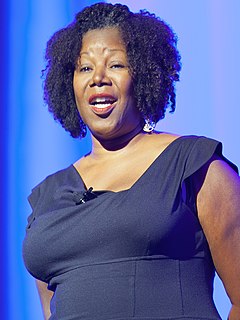A Quote by Ruby Bridges
There are all kinds of monuments to adults - usually dead and usually white. But we don't often lift up the extraordinary work of children.
Related Quotes
There are different kinds of truths for different kinds of people. There are truths appropriate for children; truths that are appropriate for students; truths that are appropriate for educated adults; and truths that are appropriate for highly educated adults, and the notion that there should be one set of truths available to everyone is a modern democratic fallacy. It doesn't work.
Although adults have a role to play in teaching social skills to children, it is often best that they play it unobtrusively. In particular, adults must guard against embarrassing unskilled children by correcting them too publicly and against labeling children as shy in ways that may lead the children to see themselves in just that way.
The new concept of the child as equal and the new integration of children into adult life has helped bring about a gradual but certain erosion of these boundaries that once separated the world of children from the word of adults, boundaries that allowed adults to treat children differently than they treated other adults because they understood that children are different.
Children are often envied for their supposed imaginations, but the truth is that adults imagine things far more than children do. Most adults wander the world deliberately blind, living only inside their heads, in their fantasies, in their memories and worries, oblivious to the present, only aware of the past or future.
Working with children is very different than the way in which I work with adults. I never tell the children the actual truth of the thing that I want them to act. Although children are really into play and play acting, and this is a major part of their existence, they never actually find the playing or acting of adults credible.
Although we like to think of young children's lives as free of troubles, they are in fact filled with disappointment and frustration. Children wish for so much, but can arrange so little of their own lives, which are so often dominated by adults without sympathy for the children's priorities. That is why children have a much greater need for daydreams than adults do. And because their lives have been relatively limited they have a greater need for material from which to form daydreams.




































